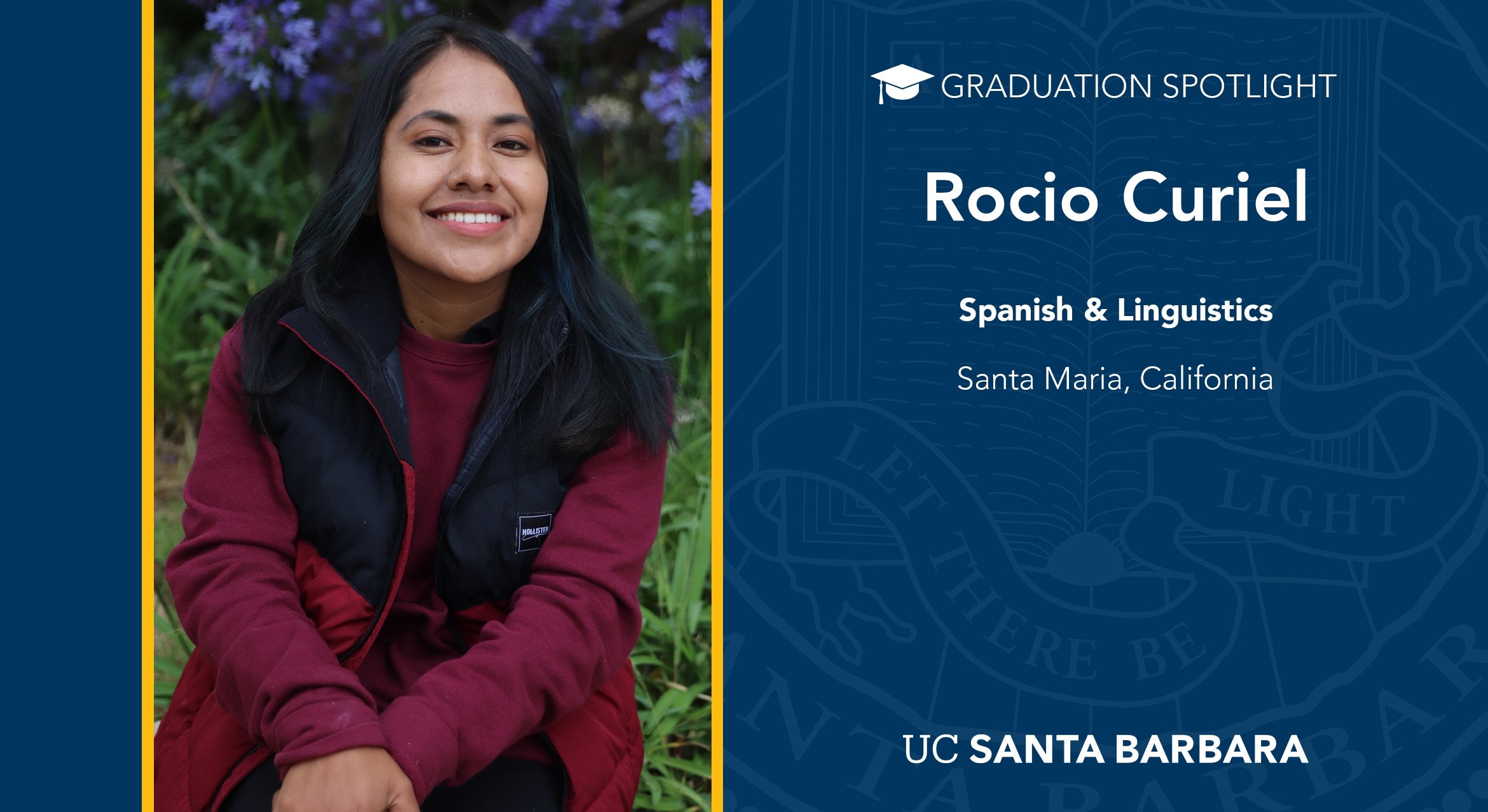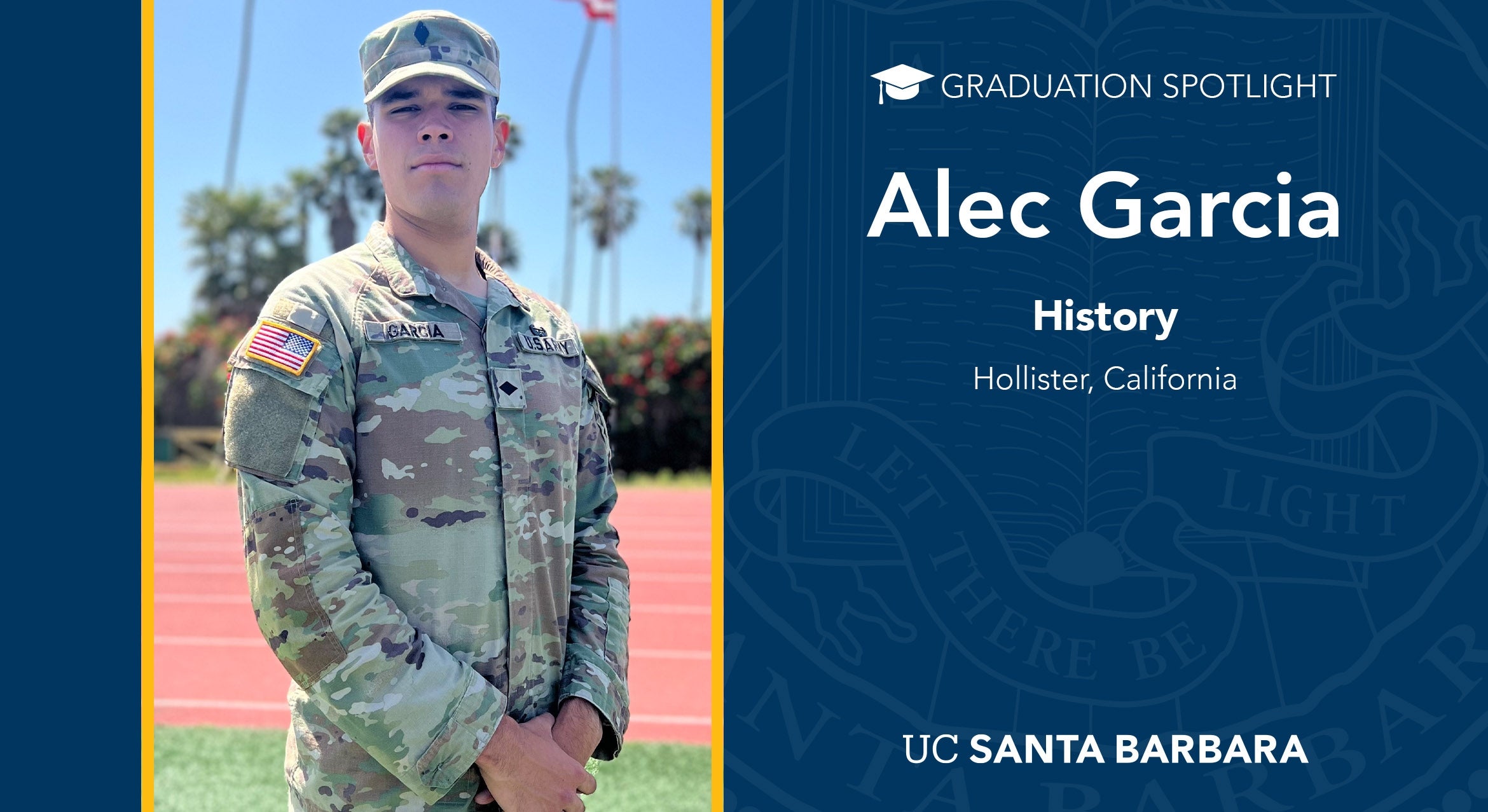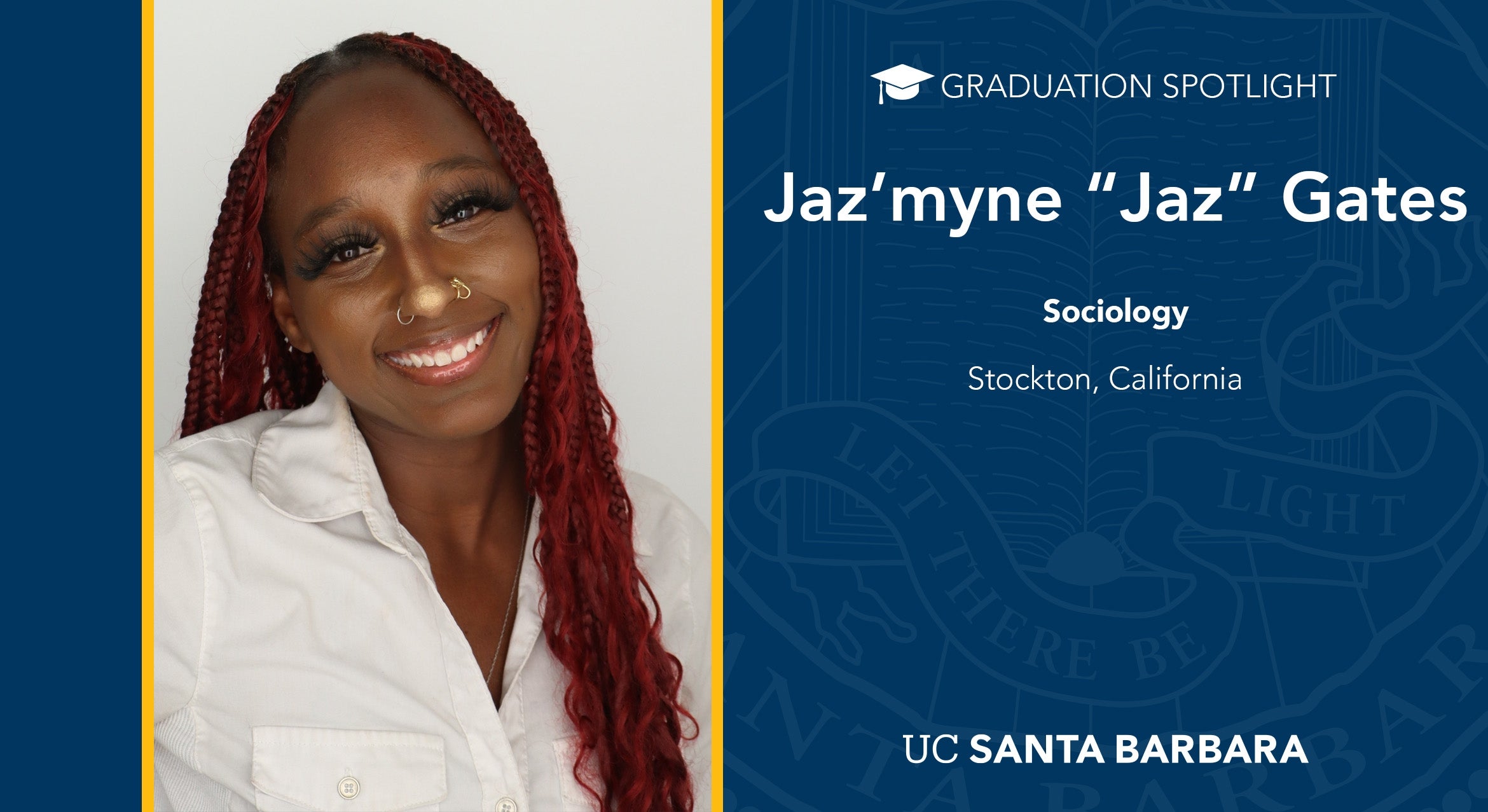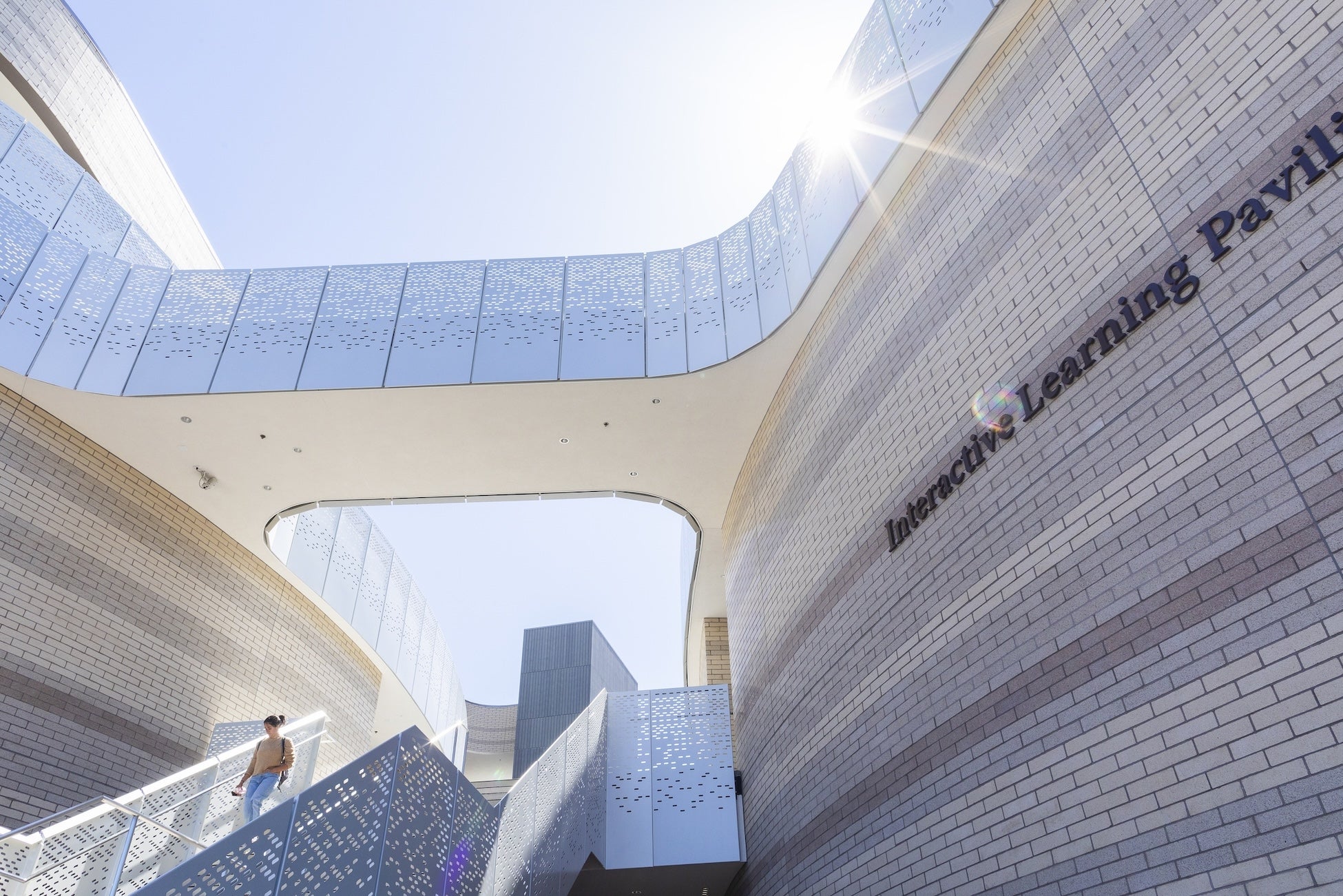
When an educator/researcher joins a new university, such as becoming part of UC Santa Barbara’s faculty, they often arrive with some uncertainty and lots of questions — even if they previously held a faculty position elsewhere. How do I access my startup funds and how should I spend them? What are the tenure and promotion expectations at UCSB, in my department and in my field? How can I meet other faculty across campus?
At many universities, faculty must seek out answers on their own. Not at UCSB. Aiming to ensure the onboarding process is smooth and easy for incoming faculty, the campus is launching the UCSB Faculty Mentoring Program.
Supported by the Office of the Executive Vice Chancellor and administered by the Office of Academic Personnel, the new program supports new assistant professors and assistant teaching professors, as well as new associate professors and associate teaching professors, who are also encouraged to participate.
“We hope that by participating in the various mentoring program activities throughout the academic year, early-career faculty will experience a greater sense of community across campus; have more opportunities for interdisciplinary collaborations; increase their knowledge and understanding of merit and promotion procedures; utilize campus services and resources; and develop greater agency in meeting their professional goals,” said program director Jennifer Kam, a professor in the Department of Communication.
The multifaceted program will officially kick off in the fall, for the upcoming 2025-2026 academic year. At its heart is formal faculty mentoring, by way of “Launch Committees.” At the beginning of their first academic year at UCSB, each new faculty member is assigned a three-person committee of tenured faculty — one from their home department, one from outside their department and one at the divisional/college level. The committees will meet at least once per quarter.
“The committees are designed to provide individualized mentorship and coaching to help ensure faculty success, well-being and satisfaction,” Kam explained. “Throughout the academic year, we will work to ensure that the ‘Launch’ committees provide consistent, supportive mentorship and coaching to new faculty.”
“Our hope is that the relationships formed through these committees will be a continued source of support for faculty beyond the first year, as they progress through their career,” added Kam, who will team with Dana Mastro, Associated Vice Chancellor for Academic Personnel, to track committee progress.
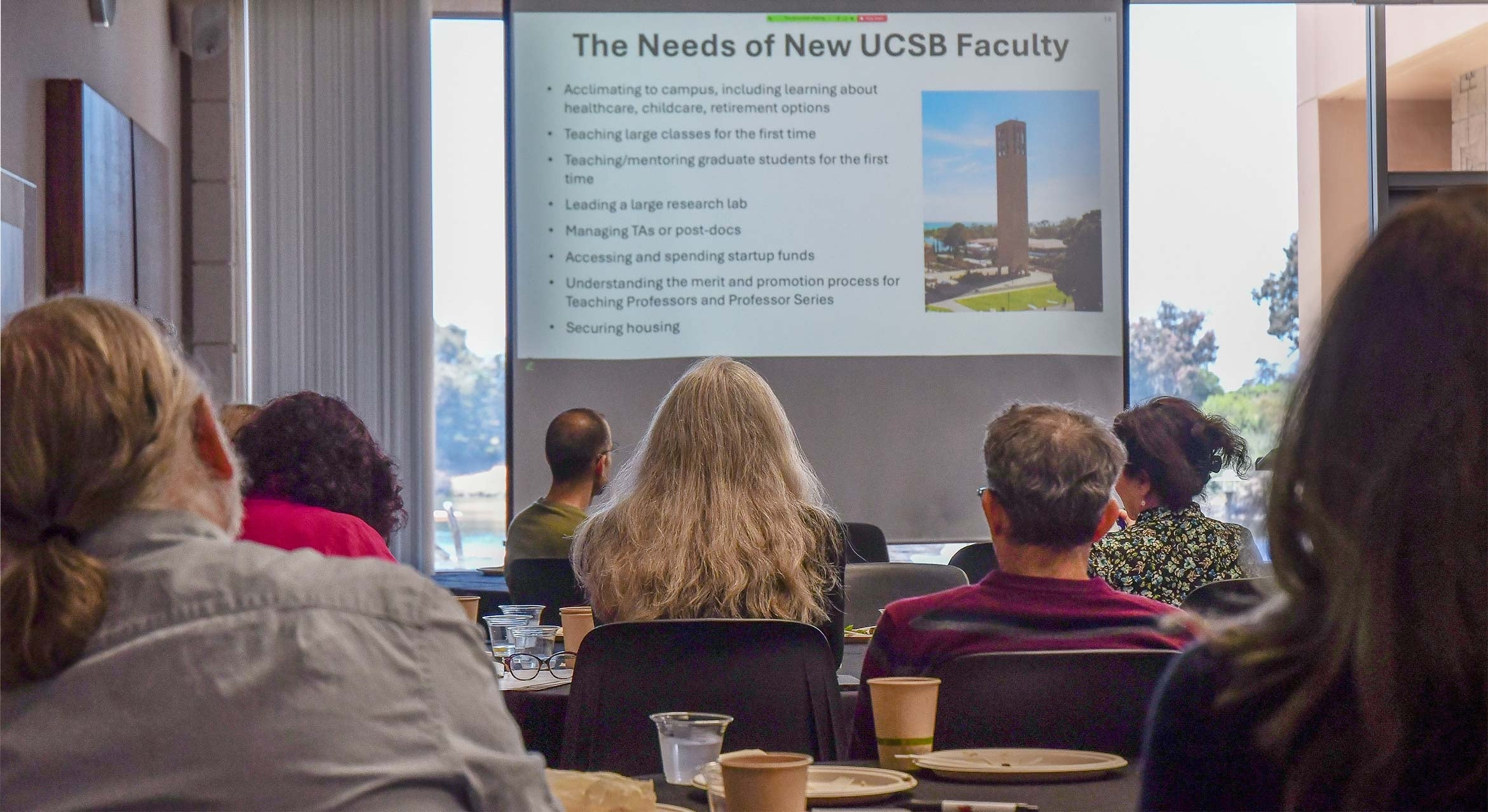
The program will offer the committees guidance and best practices to assist new faculty, from identifying professional goals, to developing expectations for tenure and promotion, to connecting with potential collaborators, or navigating challenging relationships with colleagues or students.
Committee members also will receive formal training in both mentoring and professional coaching. The ultimate goal is for mentors to help mentees maximize their personal and professional potential, while feeling heard, respected and supported in the departments and across campus.
“Academic coaching involves reducing the hierarchical relationship between mentors and mentees and listening deeply to the new faculty member; developing a partnership with the new faculty member; acting as a thinking partner or sounding board; and asking powerful open-ended questions that allow the new faculty member to develop agency,” said Katherine Lee, a certified higher educational coach and academic career strategist who is working with Kam and Mastro to create training materials and design training sessions for convenors and mentors.
In addition to “Launch” committees, the mentoring program will offer professional development workshops, based on input from the new faculty members themselves, as well as feedback from dozens of current assistant professors and associate professors across campus. They’ll also host quarterly lunches for participating faculty that center around common research interests or lived experiences.
“New faculty will gain the most if they fully invest in the mentoring program and participate in as many community-building events as possible throughout the academic year,” said Kam.
An informational luncheon for tenured faculty was held Friday, May 30, to introduce the UCSB Faculty Mentoring Program to potential mentors. “The enthusiastic involvement from faculty across all divisions on our campus illustrates the deep commitment to supporting new, early-career faculty here at UCSB,” said Mastro.
More information is available on the UCSB Faculty Mentoring Program website.
